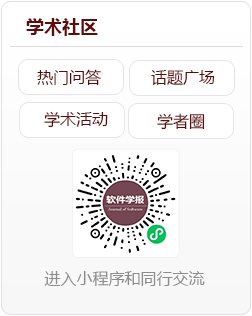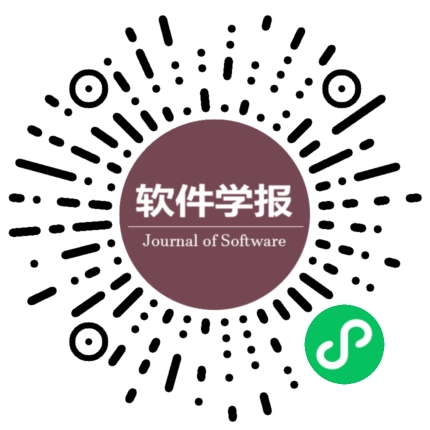Data-driven Modeling and Prediction of User Acceptance for Mobile Apps
Author:
Affiliation:
Clc Number:
Fund Project:
Key-area Research and Development Program of Guangdong Province (2020B010164002); Key Laboratory of Intelligent Application Technology for Civil Aviation Passenger Services, CAAC; National Natural Science Foundation of China (J192 4032)
Get Citation
陆璇,陈震鹏,刘譞哲,梅宏.数据驱动的移动应用用户接受度建模与预测.软件学报,2020,31(11):3364-3379
CopyShare

Article Metrics
- Abstract:
- PDF:
- HTML:
- Cited by:
History
- Received:February 07,2020
- Revised:May 06,2020
- Adopted:
- Online: July 27,2020
- Published: November 06,2020
You are the firstVisitors
Copyright: Institute of Software, Chinese Academy of Sciences Beijing ICP No. 05046678-4
Address:4# South Fourth Street, Zhong Guan Cun, Beijing 100190,Postal Code:100190
Phone:010-62562563 Fax:010-62562533 Email:jos@iscas.ac.cn
Technical Support:Beijing Qinyun Technology Development Co., Ltd.
Copyright: Institute of Software, Chinese Academy of Sciences Beijing ICP No. 05046678-4
Address:4# South Fourth Street, Zhong Guan Cun, Beijing 100190,Postal Code:100190
Phone:010-62562563 Fax:010-62562533 Email:jos@iscas.ac.cn
Technical Support:Beijing Qinyun Technology Development Co., Ltd.



